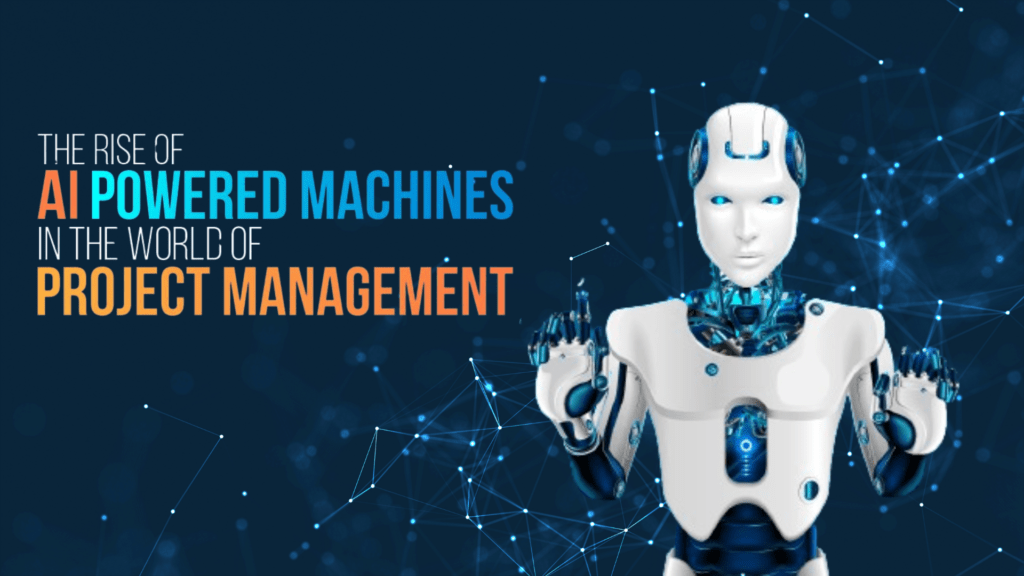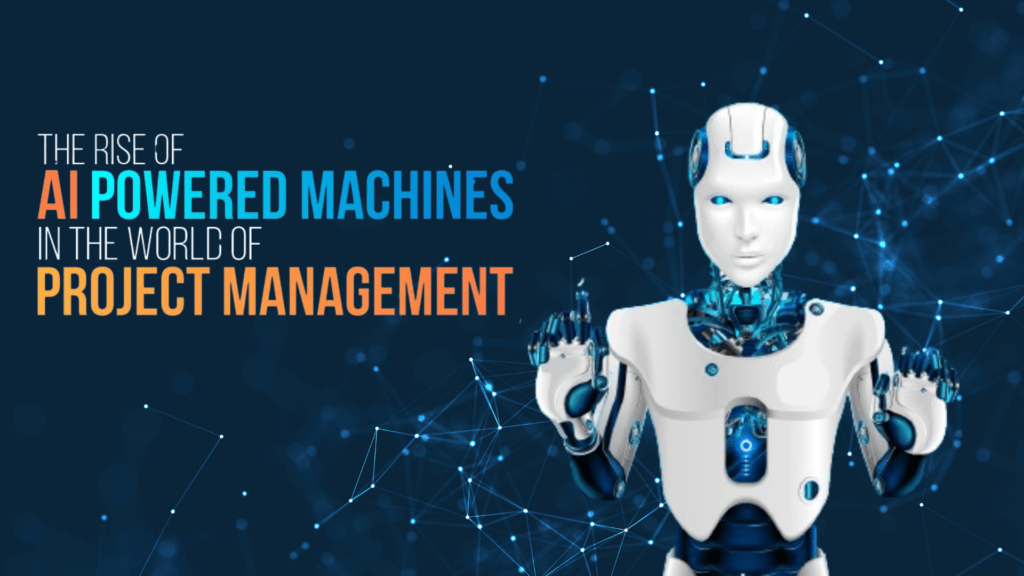
Project Management –
Project management is the process of planning, executing, and monitoring the progress of a project. It includes setting objectives, establishing a timeline, and assigning tasks to team members. A project manager ensures the project is completed on time and within budget. Project management is a critical skill for any business professional. It can plan and execute anything from small tasks to large-scale initiatives. When done correctly, it can help ensure that projects are completed on time, within budget, and with high quality.
- A project is a temporary endeavor with a clear beginning and end, aimed at creating a unique product, service, or result.
- Projects end when objectives are achieved, cannot be met, are no longer needed, or at the client’s request for termination.
- Project management involves applying knowledge, skills, tools, and techniques to achieve specific project goals and success criteria.
- Project success hinges on effectively managing people, processes, and technology, with quality as a critical aspect.
- Projects are temporary with unique purposes, while operations are ongoing, repetitive tasks focused on regular business goals.
Five phases of Project Management –
- Initiating
- Planning
- Executing
- Controlling and Monitoring
- Closing
Project management can’t be defined in one paragraph, but a project can be simply explained as it is important because it helps organizations control all the moving parts of projects to bring them to successful completion. A successful project can’t work without people with the right skills and knowledge at its heart. Because successful projects don’t just happen. Working together as a well-managed & and motivated team with divided roles, responsibilities, and reporting lines, will carry a project to its conclusion without compromising on time, cost, or quality.
AI (Artificial Intelligence) –

Artificial Intelligence is composed of two words, where Artificial defines “man-mode,” and Intelligence defines “Thinking power”, hence Al “a man-made thinking power. Al is the simulation of human intelligence processes by machines and computer systems. Artificial Intelligence is the combination of algorithms used to create intelligent machines that have the same skills as a human beings. It uses machine’s deep learning techniques to build complex systems. Specifically, some applications of Al include expert systems such as speech recognition and machine vision.
History –
The history of artificial intelligence (AI) is a fascinating journey like a rollercoaster of several decades. Throughout its history, AI has evolved from theoretical concepts to practical applications, influencing numerous industries and aspects of daily life. Ongoing research and development continue to shape the future of artificial intelligence.
The goal is to enable machines to perform tasks that typically require human intelligence, such as problem-solving, decision-making, and understanding natural language.
AI within Project Management-

Insights and Discoveries
The research underscores the transformative influence of Artificial Intelligence (AI) on project management. Al automates tasks, improves scheduling, and enhances risk assessment. >40% experience better project delivery with Al.
It emphasizes adapting skills like data science. The future envisions efficient and innovative project management with Improved Project Execution deliveries at lower operational costs.
Artificial Intelligence (AI) is increasingly being integrated into various aspects of project management to enhance efficiency, decision-making, and overall project success.
While AI brings numerous benefits to project management, it’s important to consider ethical considerations, data security, and potential biases in AI systems. Integrating AI into project management processes requires careful planning and consideration of the specific needs and goals of the project and the organization.
Top 10 ways AI is being utilized in Project Management-
- Automated Task Management
- Predictive Analytics
- Resource Allocation Chatbots
- Virtual Assistants
- Natural Language Processing (NLP)
- Risk Management
- Decision Support
- Project Monitoring and Reporting
- Workflow Automation
- Facilitating Remote Work
The role of Artificial Intelligence (AI) in project management is multifaceted, offering a range of tools and capabilities that can enhance various aspects of project planning, execution, and monitoring.
While AI brings significant advantages to project management, organizations need to implement AI tools thoughtfully and consider factors such as data security, ethical considerations, and the need for human oversight in decision-making. Integrating AI into project management practices can lead to more efficient and effective project delivery.
Projects Scheduling by AI
Problem- Project scheduling is a critical aspect of project management, and optimizing the schedule for resource allocation and task sequencing can be complex, especially in large and dynamic projects.
Solution- An AI-powered project management tool can use machine learning algorithms to analyze historical project data, team member performance, and external factors that may influence project timelines. It can then generate optimized schedules based on this analysis.
How AI can Revolutionize Project Management
- Predictive Analysis
- Task Automation
- Natural Language Processing
- Resources Allocation
Example Scenario:
Imagine a software development project with multiple teams working on different modules. The AI project management tool, based on historical data and ongoing performance metrics, predicts that a specific module may face delays due to the complexity of the code. It recommends adjusting the schedule to allocate additional resources to that module or starting it earlier to mitigate potential.
By leveraging AI in project scheduling, teams can benefit from optimized timelines, improved resource utilization, and the ability to proactively address challenges, ultimately contributing to the successful and timely delivery of the project.
Organizations need to stay abreast of these trends and advancements, adopting AI technologies judiciously based on their unique project management needs. Additionally, a thoughtful approach to ethical considerations, data privacy, and the human-AI collaboration interface will be crucial in shaping a positive future for AI in project management.
Future of AI in Project Management

The future of AI in project management holds tremendous promise, poised to revolutionize the way projects are planned, executed, and monitored. As AI technologies continue to advance, we can expect even more sophisticated applications in project management, offering solutions that go beyond automation. AI is likely to play a pivotal role in predictive analytics, enabling project managers to make more accurate forecasts regarding project timelines, resource needs, and potential risks. Intelligent virtual assistants driven by AI will become more adept at handling complex project communications and providing real-time insights. The future may see AI systems seamlessly integrated into project management platforms, offering dynamic decision support and enhancing collaboration across diverse teams. As AI evolves, its ability to adapt to changing project dynamics, learn from past experiences, and contribute to continuous improvement will make it an indispensable ally for project managers navigating the complexities of the business landscape. The integration of ethical AI practices and a focus on transparency will be essential to ensure responsible and effective use of AI in shaping the future of project management.
